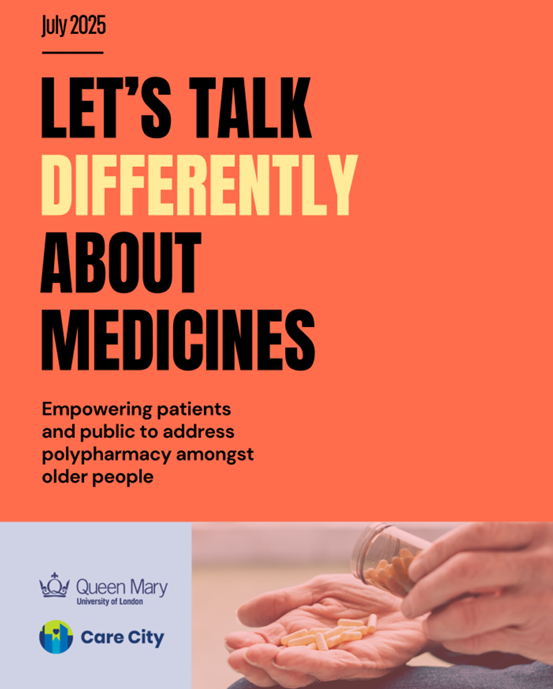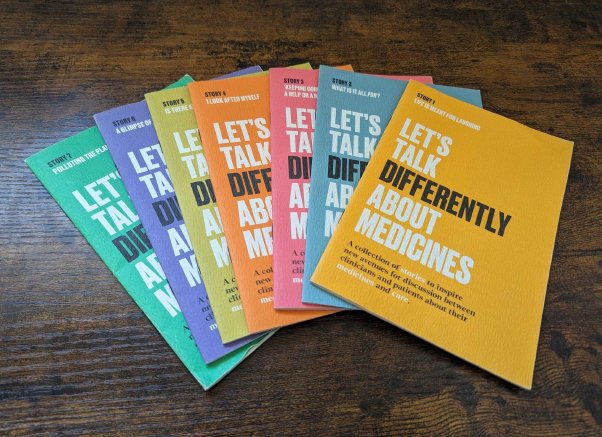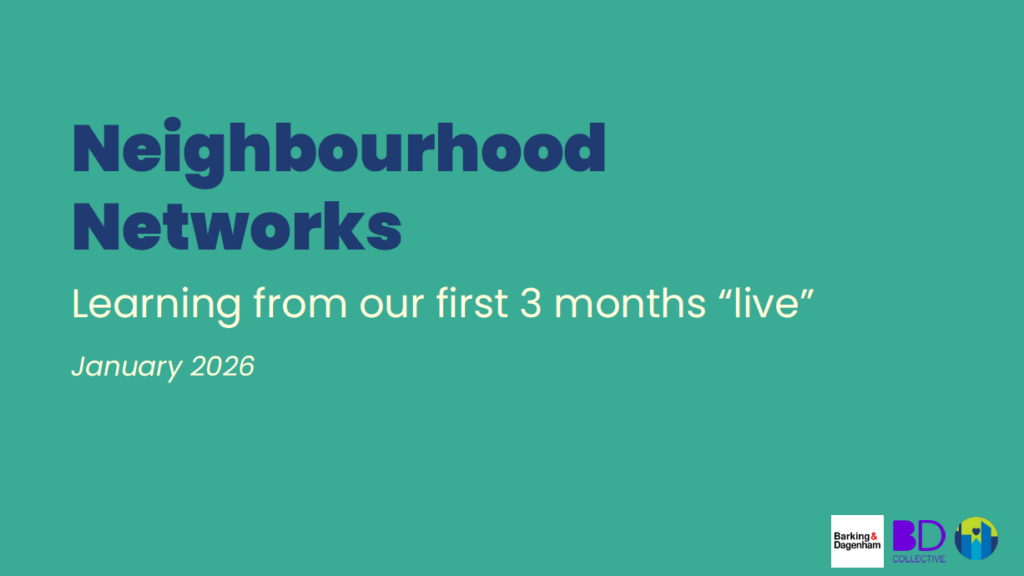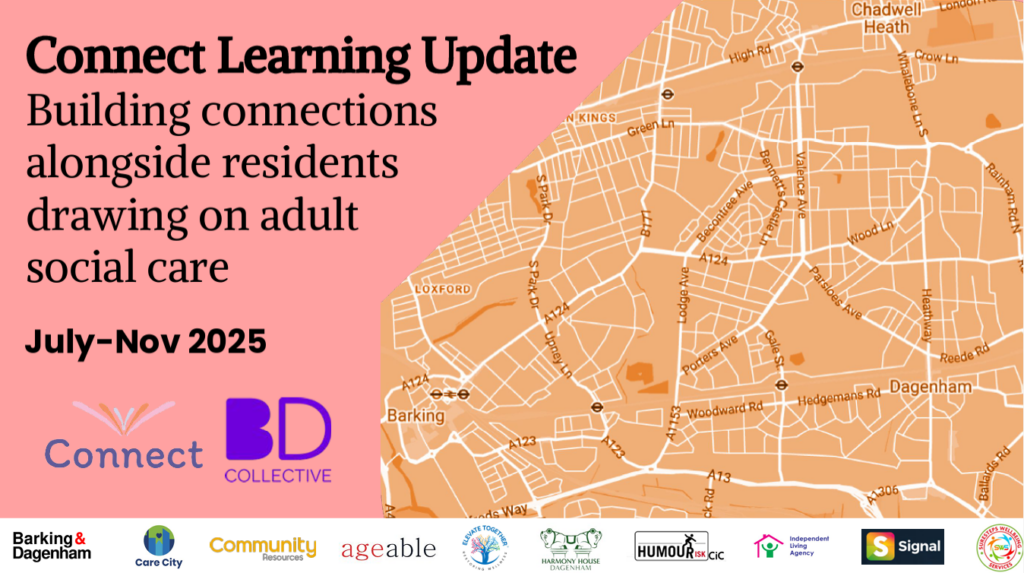Let’s Talk Differently About Medicines: A New Approach to Polypharmacy Conversations

Read our evaluation of a story-based approach that helps older adults prepare for meaningful, proactive conversations with their GPs about medicines and polypharmacy.
“Improving quality of life in older age sometimes means less medicine, not more. It is essential that all patients, but especially those in later old age, are able to have realistic discussions with their doctors.”
Chief Medical Officer Annual Report, November 2023
In a healthcare system where 1 in 5 UK adults are managing multiple medications, it’s time we asked: are we really talking about medicines in ways that matter?
Let’s Talk Differently About Medicines (LTDAM) is a story-based intervention developed by researchers at Queen Mary University of London and delivered and evaluated by Care City. It uses fictionalised but research-rooted stories to help older adults have a different kind of conversations about their medicines, reduce unnecessary prescribing and shift the culture around polypharmacy.
Across 14 storytelling sessions, 126 older adults told us something the system often misses – they are ready to question their medicines. They just need space to do it.
Our findings show the impact of these stories – not just conversation, but action.

Key Impacts on Individuals
- Real behaviour change: Participants reported initiating reviews, reducing or stopping medicines in consultation with professionals, and disposing of unneeded stockpiled medicines correctly.
- Increased confidence: People described feeling newly confident to raise concerns, ask questions, and reflect on their own values and priorities in healthcare settings.
- Preventative mindset: Several participants reported lifestyle changes (e.g. increased exercise, healthier routines) motivated by a desire to reduce medication burden gradually and safely.
Social and Community-Level Impact
- New conversations: Many began raising the issue of medication burden with family, friends and neighbours, helping others question long-term use, seek reviews, and share resources.
- Peer delivery: Some participants went on to run sessions themselves, using the story packs and discussion guides, reaching people beyond our initial cohort.
- Cultural shift in perception: Participants described changing how they listen to others talk about medicines, expressing more curiosity, more support, and more willingness to challenge harmful norms.
Emotional and Attitudinal Shifts
- From passive to proactive: People began to see themselves not just as patients, but as partners in care, experts in their own lives.
- From fear to dialogue: Many had never spoken openly about their frustrations or fears around medicines. The stories created space to say what had gone unspoken.
- From compliance to curiosity: Even among those who remained on their medicines, the stories provoked a deeper questioning of ‘why’ and a recognition that taking medication is never just technical, but emotional and social too.
Why This Matters
Structured Medication Reviews (SMRs) are a core policy response to overprescribing but they often fall short. The evidence is clear: time constraints, poor continuity, and limited patient confidence mean many SMRs are underused and ineffective.
LTDAM represents a different approach, one that gives people a new way of talking about and engaging with their medicines and gives people the confidence to be active participants in discussions about their medicine and managing their own health.
Let’s Talk Differently About Medicines offers:
- A low-cost, high-impact engagement model
- A scalable, community-led delivery mechanism
- Evidence of both personal and systemic impact
If you’re designing strategies for healthy ageing, tackling medication waste, or improving shared decision-making, LTDAM shows what’s possible when we make space for people’s stories.
Free resources available at: www.medicinestalk.co.uk



